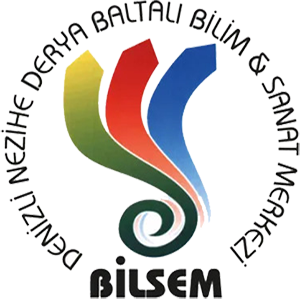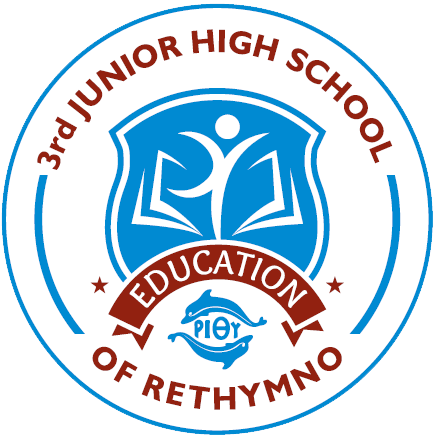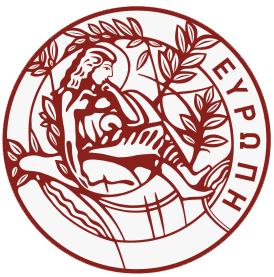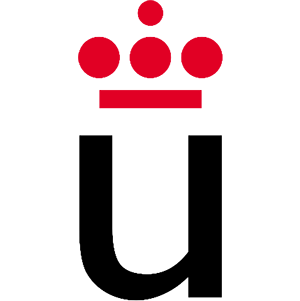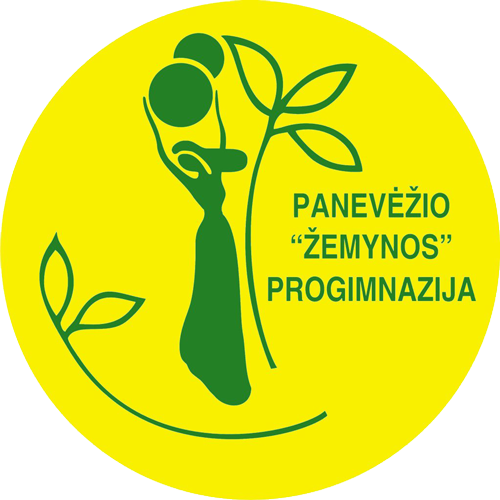
"INNOVATIVE SCHOOLS: TEACHING & LEARNING IN DIGITAL STEM LABS"
2020-1-TR01-KA226-SCH-097611

Given the diversity of the distance education best practice examples and relevant level of mainstreaming in the countries represented by the project partnership (Turkey, Greece, Lithuania, Spain) a comparative analysis was undertaken with a view of mapping:
• Relevant European/national educational policy frameworks and practice in the field of valorisation, interpretation and appropriate presentation of STEM education
• educational provision of STEM education at the secondary education level in European Union and each of the partner country, including diverse higher educational programmes, specialized courses/summer schools as well as user-centered, open-innovation methods such as Living Lab method which connect academic activities of the institution (i.e. learning & teaching, and academic research) with non academic partners/stakeholders through benchmarking analysis of the elements of the educational contents and relevant teaching/learning methodology that can be transferred into/adjusted to the needs of relevant curriculum framework at the (lower-upper secondary) level
• (where applicable) the integration of STEM skills in general education subjects lower/upper secondary level that exist in the participating countries such as natural science subjects (maths, physics, chemistry and similar), information technology, etc.
• best practice curricular/methodological models for the integration of the digital STEM topics in general education subjects at the level (lower/upper-secondary) that exist in other European Union member countries such as natural science subjects (maths, physics, chemistry and similar), information technology, etc., practical teaching/learning arrangements in distance learning (e.g. STEM labs in cooperation with the employers/local community) etc. -through benchmarking analysis of the elements of the educational contents and relevant teaching/learning methodology that can be transferred into/adjusted to the school curriculum at the (secondary) level in Turkey, Greece, Spain, Lithuania respectively;
• More detailed needs of the organisations/entities in the field STEM education from the participating countries with regard to the adequate competencies of teachers in distance teaching/ learning;
• Possibilities/recommendations for the wider integration of the STEM fields into the secondary school curriculum from the point of view of the current curricular reform that are taking/will be launched in Turkey, Lithuania, Greece and Spain respectively.
